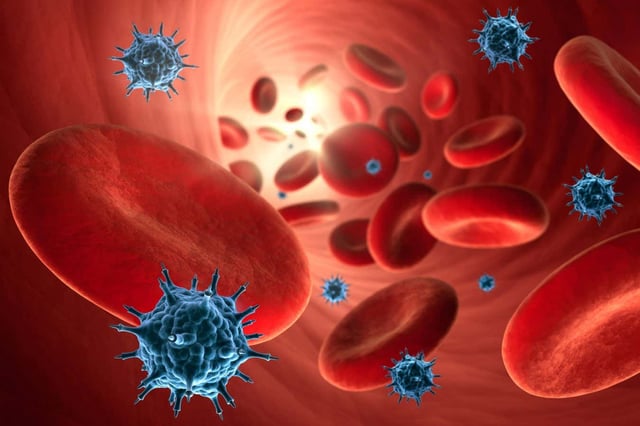Overview
- COVID-19 survivors exhibited higher carotid-femoral pulse wave velocity (PWV) than uninfected controls regardless of acute illness severity, signaling accelerated arterial aging.
- Women experienced the largest PWV increases (0.55–1.09 m/s) and among female survivors, greater stiffness coincided with persistent long COVID symptoms at six months.
- At roughly one year, PWV readings in recovered participants stabilized or improved, contrasting with age-related increases observed in uninfected controls.
- Higher vaccination rates correlated with lower PWV measurements in the cohort, though researchers cautioned that observational design limits causal interpretation.
- The study’s absence of pre-infection baselines and potential survival bias underline the need for further longitudinal and mechanistic research into COVID-related cardiovascular risk.



